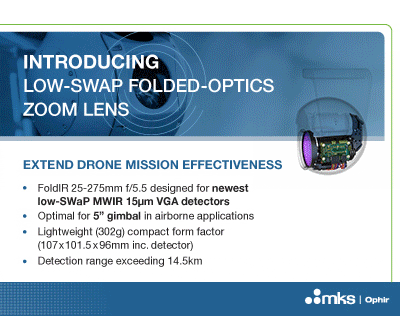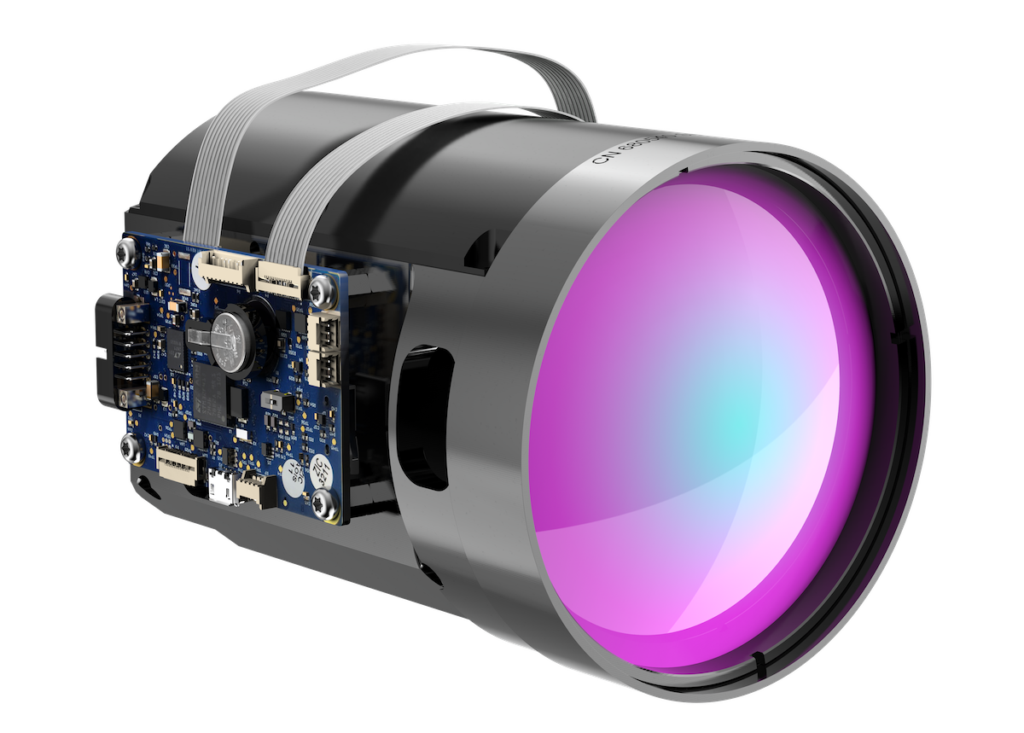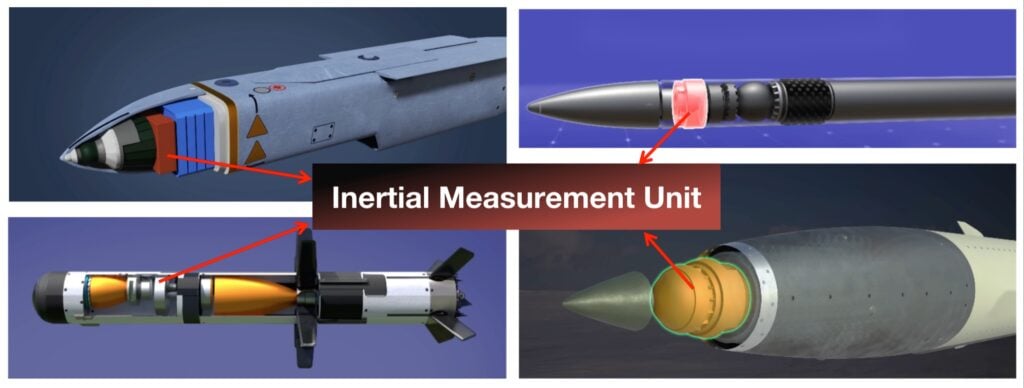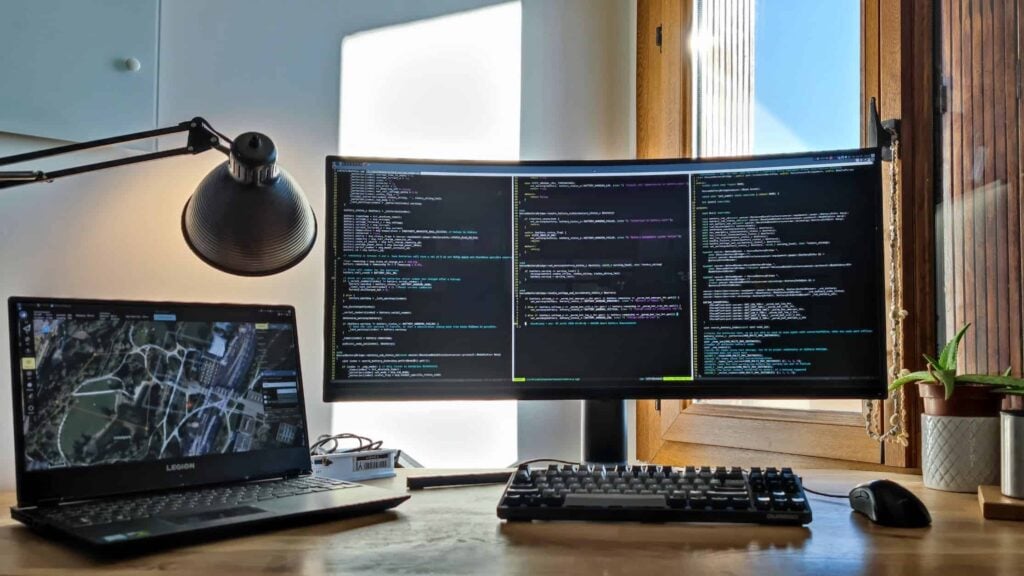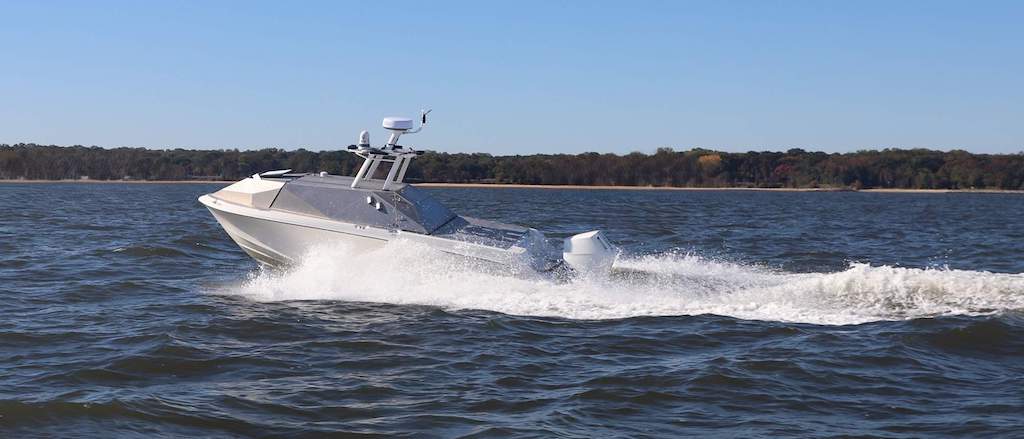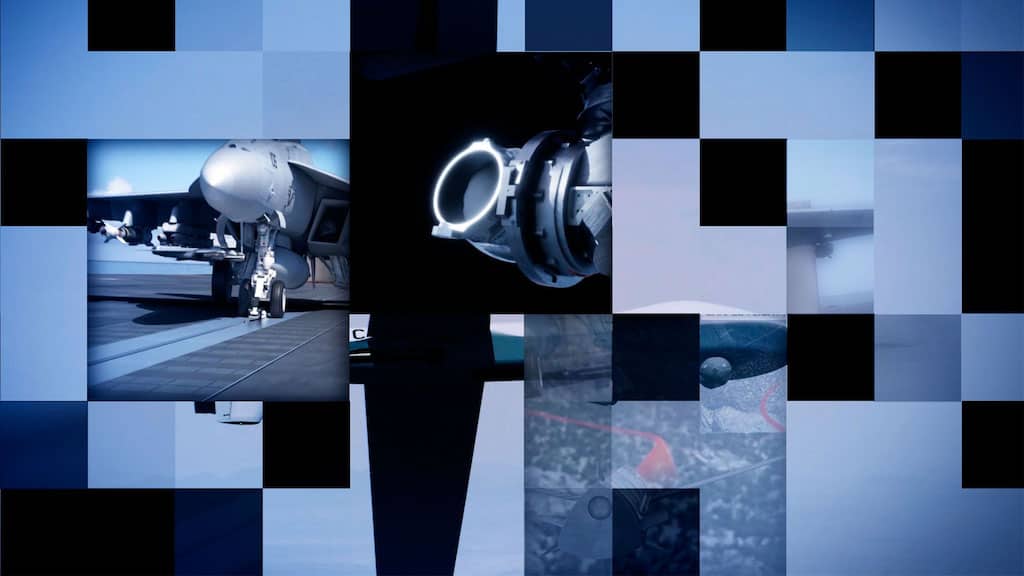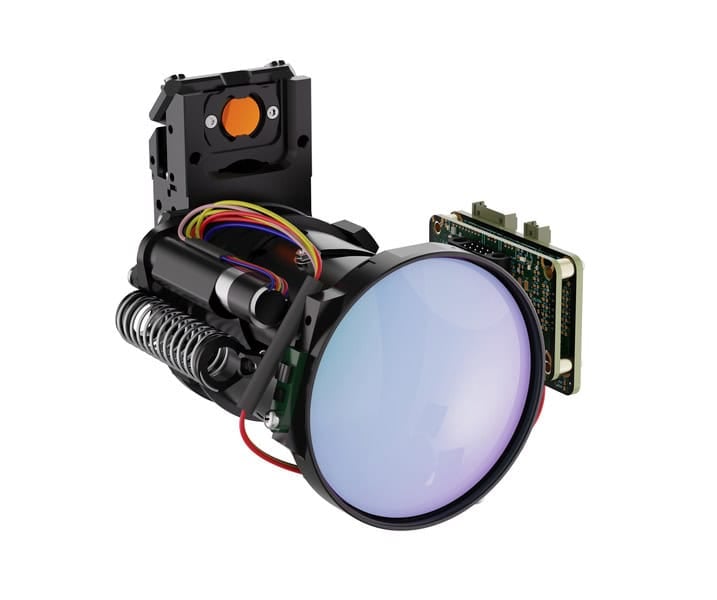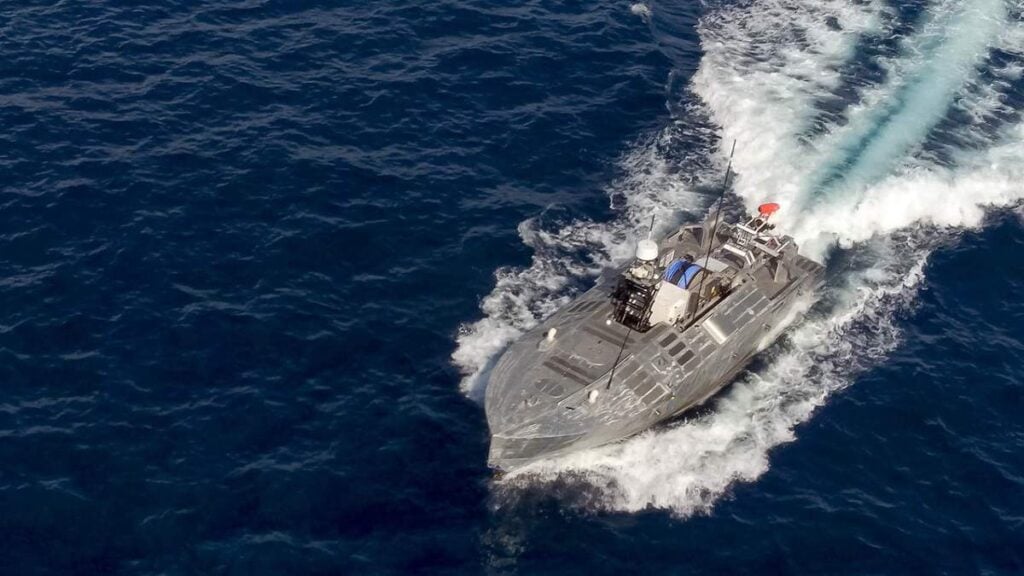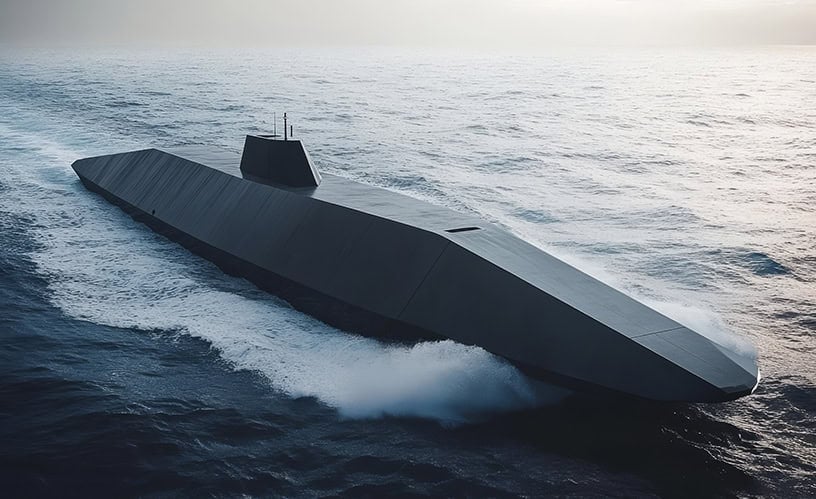
Discover Leading Defense Technology Solutions
Discover cutting-edge solutions from leading global suppliers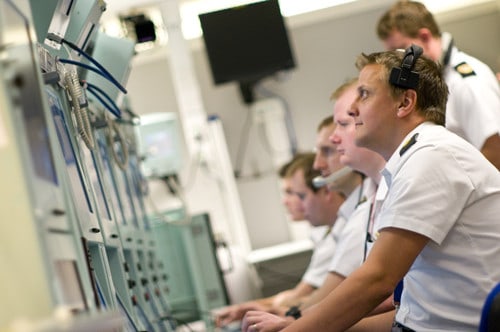
Royal Navy teams have been benefiting from upgrades to six Submarine Command Team Trainers (SCTTs) recently carried out by BAE Systems and Thales to improve the navy’s training provision.
Prior to the upgrade, over 60% of the SCTTs functional fidelity had become out of date, meaning the training no longer reflected today’s operational capability.
Recognising that stimulation of the operational software was the best way to deliver the required level of functionality, in 2017 BAE Systems awarded Thales in the UK with a contract to provide receiver-based stimulation of the operational software, to be hosted on new BAE Systems developed hardware and virtualised infrastructure within the SCTTs.
Thales’ novel processing technique enables an infinite number of stimulated signals to be processed in the same way as the equipment in the operational domain, resulting in high-fidelity training that exactly matches the live environment.
David O’Sullivan, Head of Training for Maritime Mission Systems at Thales UK, said: “Prior to the upgrade, the training equipment was no longer fully reflecting what was being used in the operational domain. The new upgrade means that crew benefit from a higher quality training experience, are better trained, mission ready and can achieve their objectives faster.”
The enhanced fidelity of the new approach enables crews to train on new AI-based functionality in a safe and controlled environment.
Neil Stewart, Head of Training Services at BAE Systems said: “Our Submarine Command Team Trainers enable Royal Navy crews to receive complex, realistic training. The enhanced stimulation capabilities provided by this upgrade support our customer’s future training needs in a synthetic training environment.”
Using operational software in the training environment also means that performance expectations are realistic and crews are not impacted by performance degradation, upgrades or system variations once using the equipment in service.
Any future enhancements to the operational software can also be easily implemented without requiring new stimulation capability or expensive emulation updates. This makes through life support easier to deliver, more sustainable and cost-effective.
In accordance with customer requirements, delivery of the upgrade was split into two releases. Within the first 18 months of being awarded the contract, the ‘Initial Operating Capability’ was addressed, which focused on removing the 60% fidelity gap and getting the system functional to a platform-specific level.
The next 12 months saw the ‘Final Operating Capability’ completed with focus placed on enhancing the stimulation capabilities, achieving the full objectives of the command team trainer.
Between March and September 2020, roll out of the capability was completed to five command team trainers located across three UK sites: HMNB Clyde, HMNB Devonport, and HMS Raleigh.
Subsequently, the solution has been incorporated within the Astute Class Training Service ‘Alert’ SCTT (in October 2020) and retrospectively updated onto Thales’ Rapidly Reconfigurable Training Technology capability to ensure training and fidelity coherency is achieved across the training estate.
Reflecting on the project, O’Sullivan said, “Both facets of the programme achieved excellent customer and end-user feedback on both our approach and the capability it delivered. It is fantastic to see our innovative training technologies maximising the training outcomes for the Royal Navy.”




